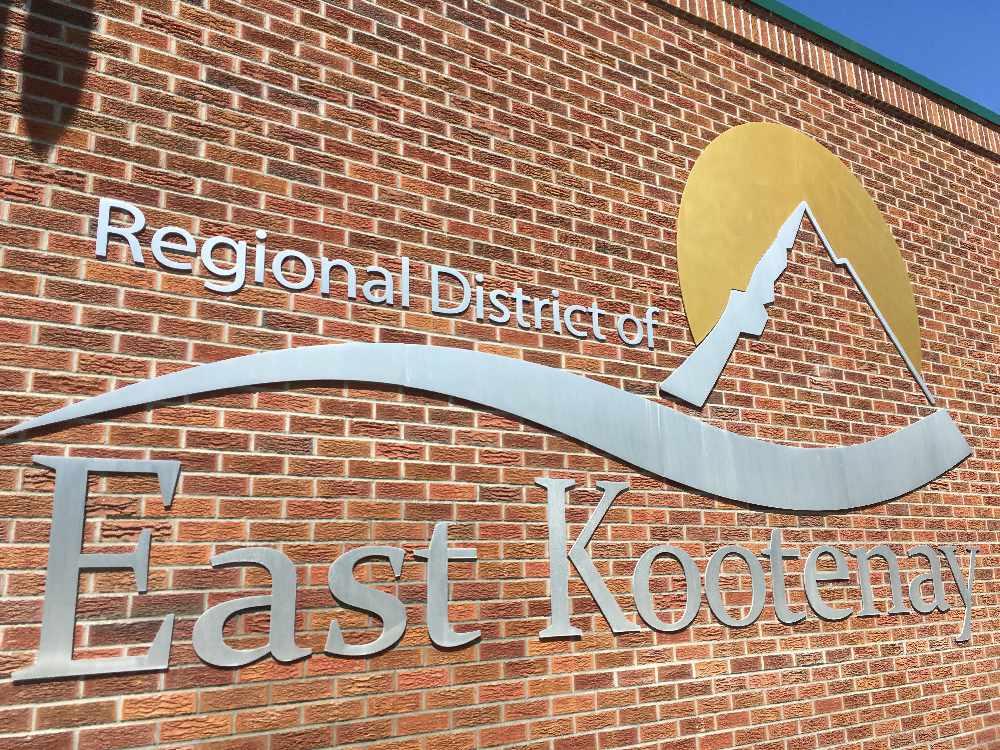The Elk Valley will be part of the Regional District of East Kootenay’s (RDEK) organics program once again after its directors reversed a decision it made earlier this year.
The RDEK said the Elk Valley will re-join the East Kootenay Regional Organics Strategy and construction will begin on an organic waste processing facility at the Sparwood Transfer Station.
“This decision means the Elk Valley Subregion will benefit by having a facility to process yard and garden waste and create a future opportunity for the general public to participate in more wide scale organics composting,” said Kevin Paterson, RDEK Environmental Services Manager. “Other benefits include creating a useful end product, reducing our transportation costs by not moving waste outside the region and saving landfill space, and reducing methane and leachate production from landfills.”
In the spring of 2019, the RDEK received over $646,000 from the BC Organics Infrastructure Program to fund its strategy. The grant covered 66% of the capital funding for Phase 1, which includes the construction of organic waste processing facilities in each of the RDEK’s subregions: Central, Columbia Valley and the Elk Valley.
Each subregion will contribute $166,000 in funding over five years to pay for Phase 1, which is expected to be complete by 2022.
The RDEK said Phase 2 of the project will focus on collecting organic waste and will roll out over five years, from 2022 to 2026.
Adding the facility will help the Elk Valley save money on waste disposal.
“Currently, the Elk Valley pays $73/tonne to haul and dispose of its solid waste at the Central Subregion Landfill. The operational cost of the Elk Valley facility is expected to be approximately $50/tonne. As operating costs have been a key focus of discussion, the Elk Valley Directors also passed a resolution at the May Board Meeting that the operating costs per tonne not exceed the cost per tonne of hauling and tipping waste at the Central Landfill,” said the Regional District.
Organic waste made up 29% of the region’s total waste, according to the RDEK’s most recent waste audit.




